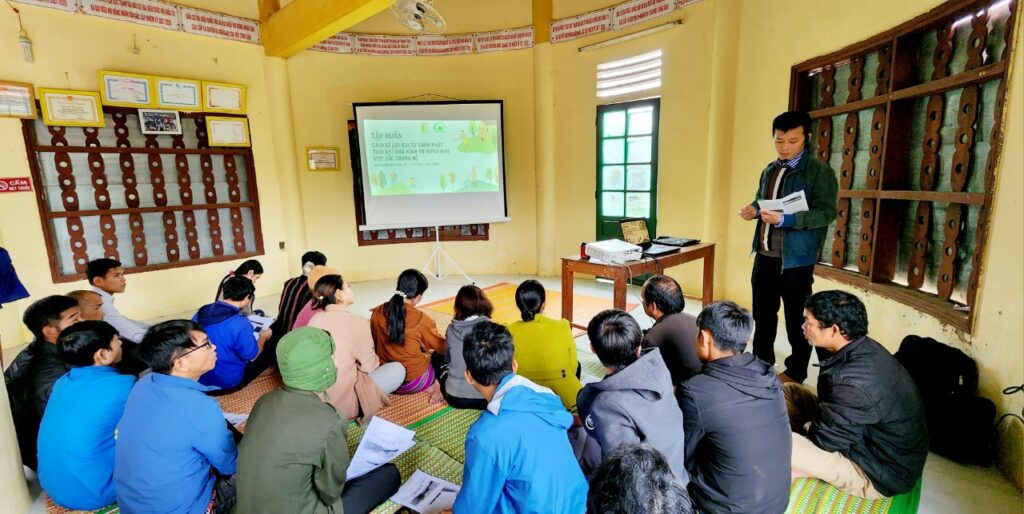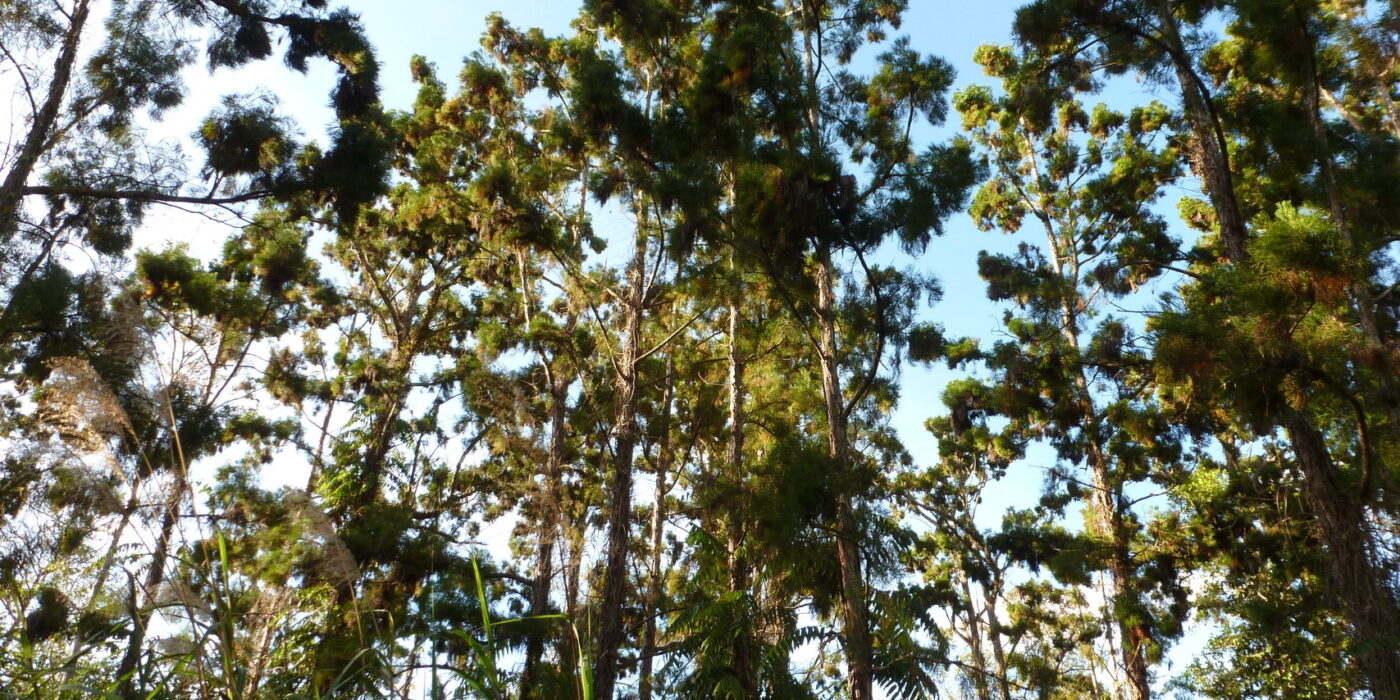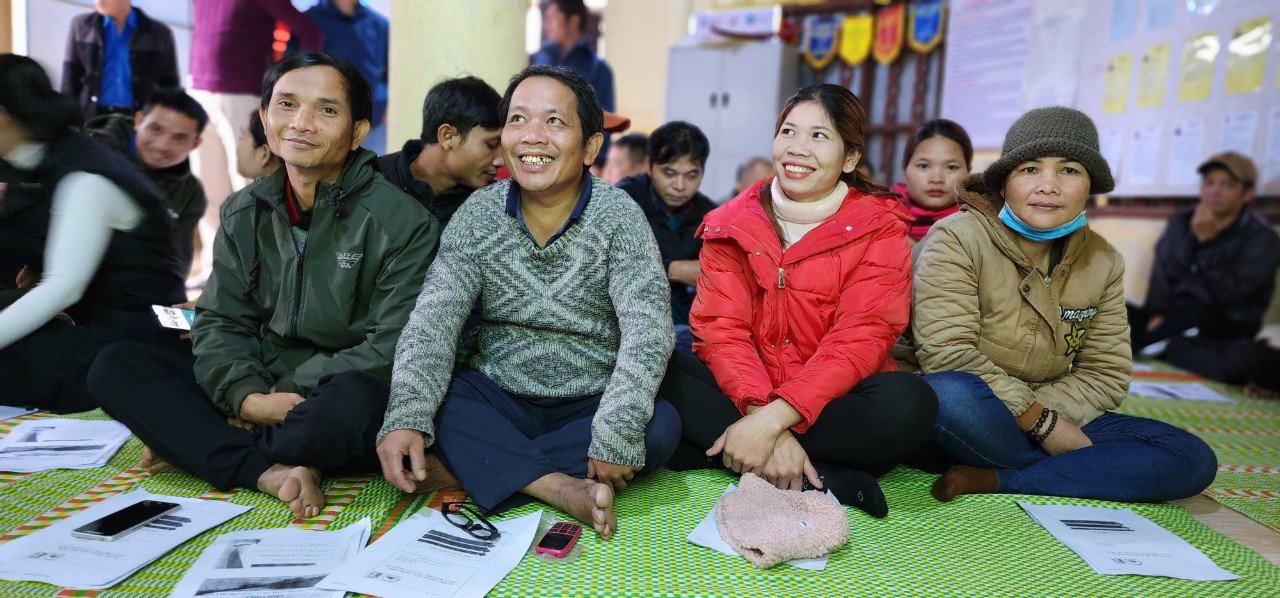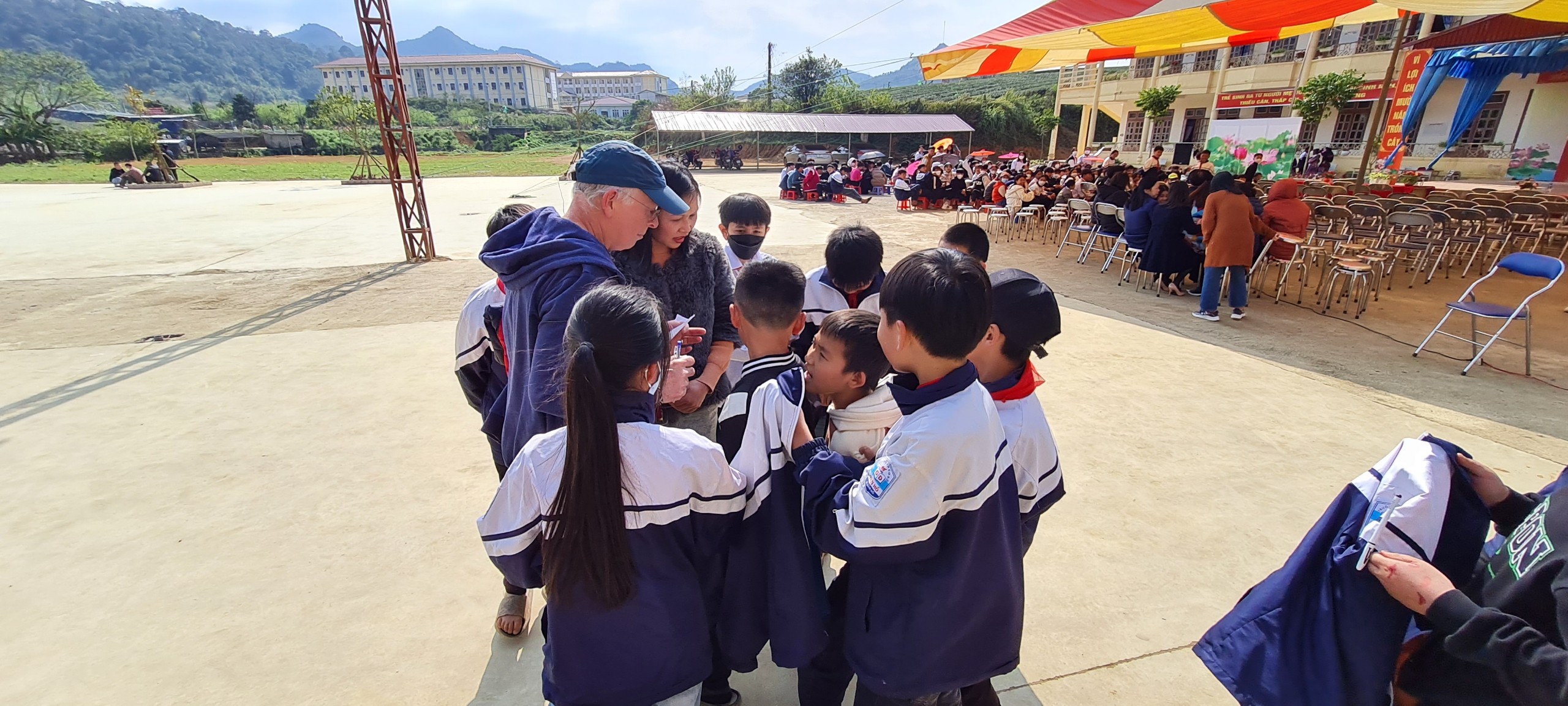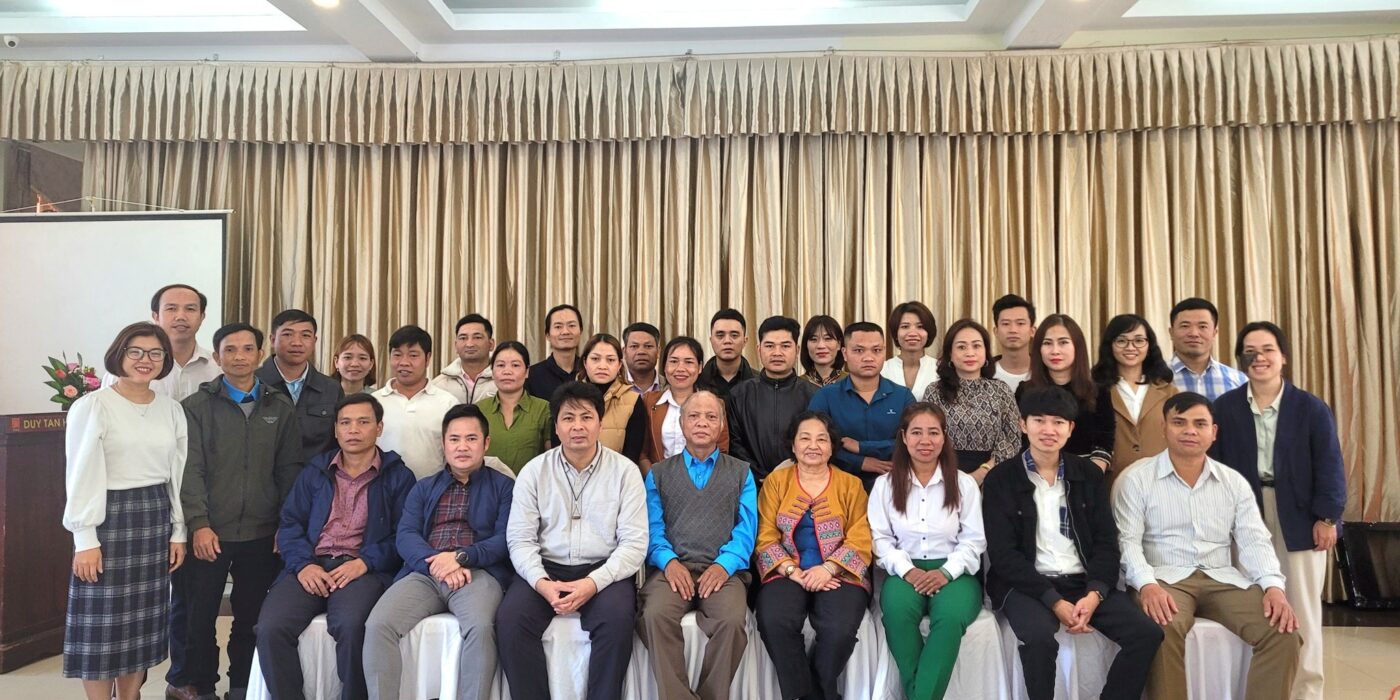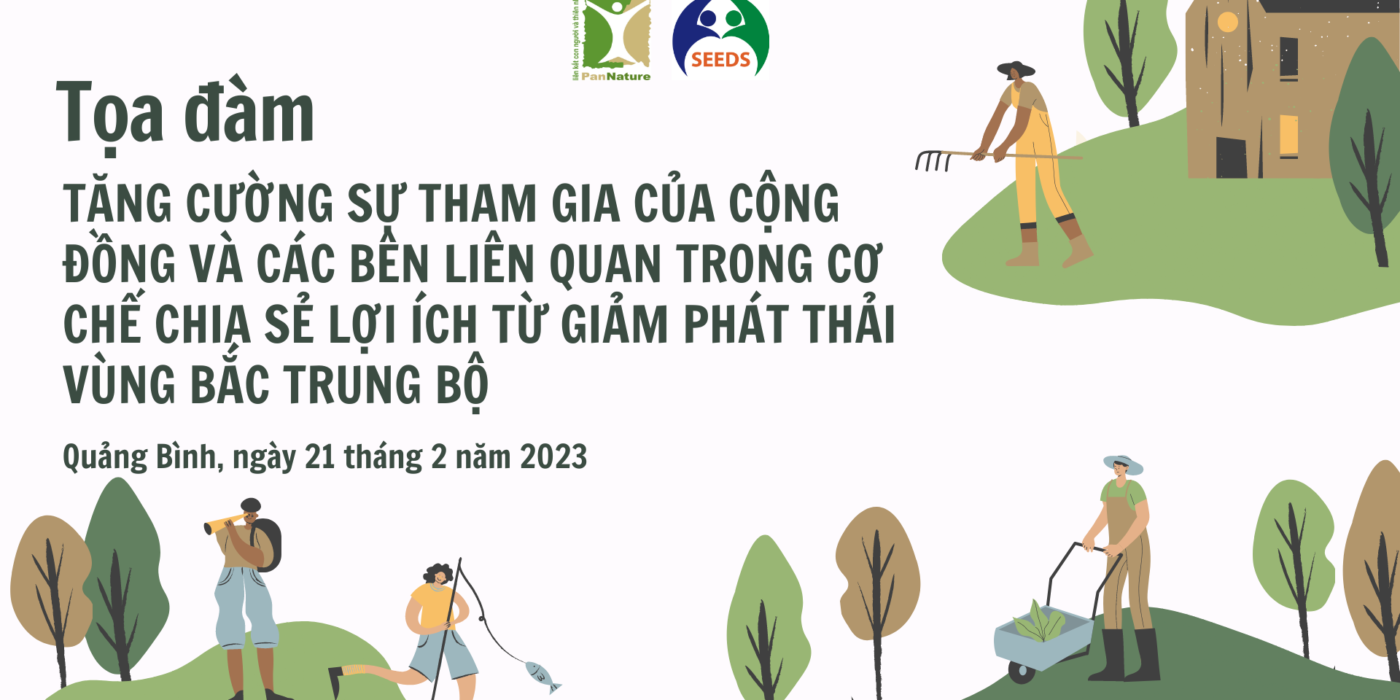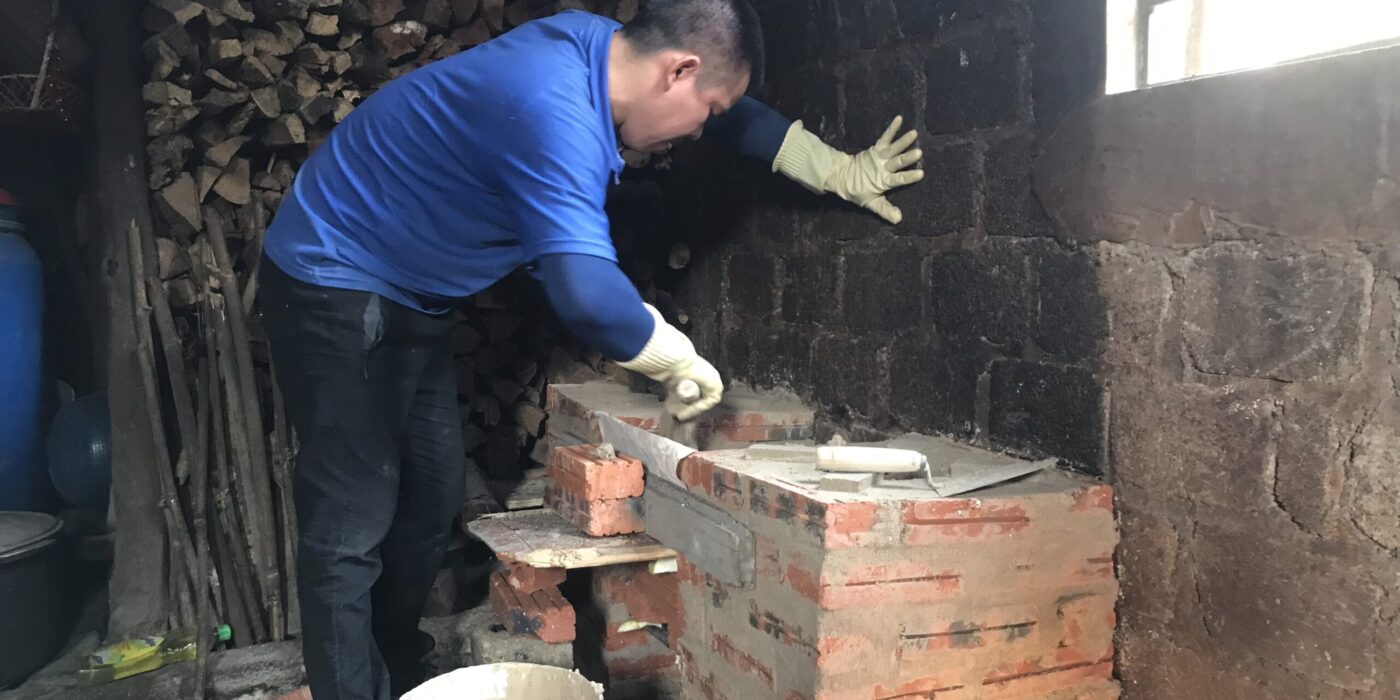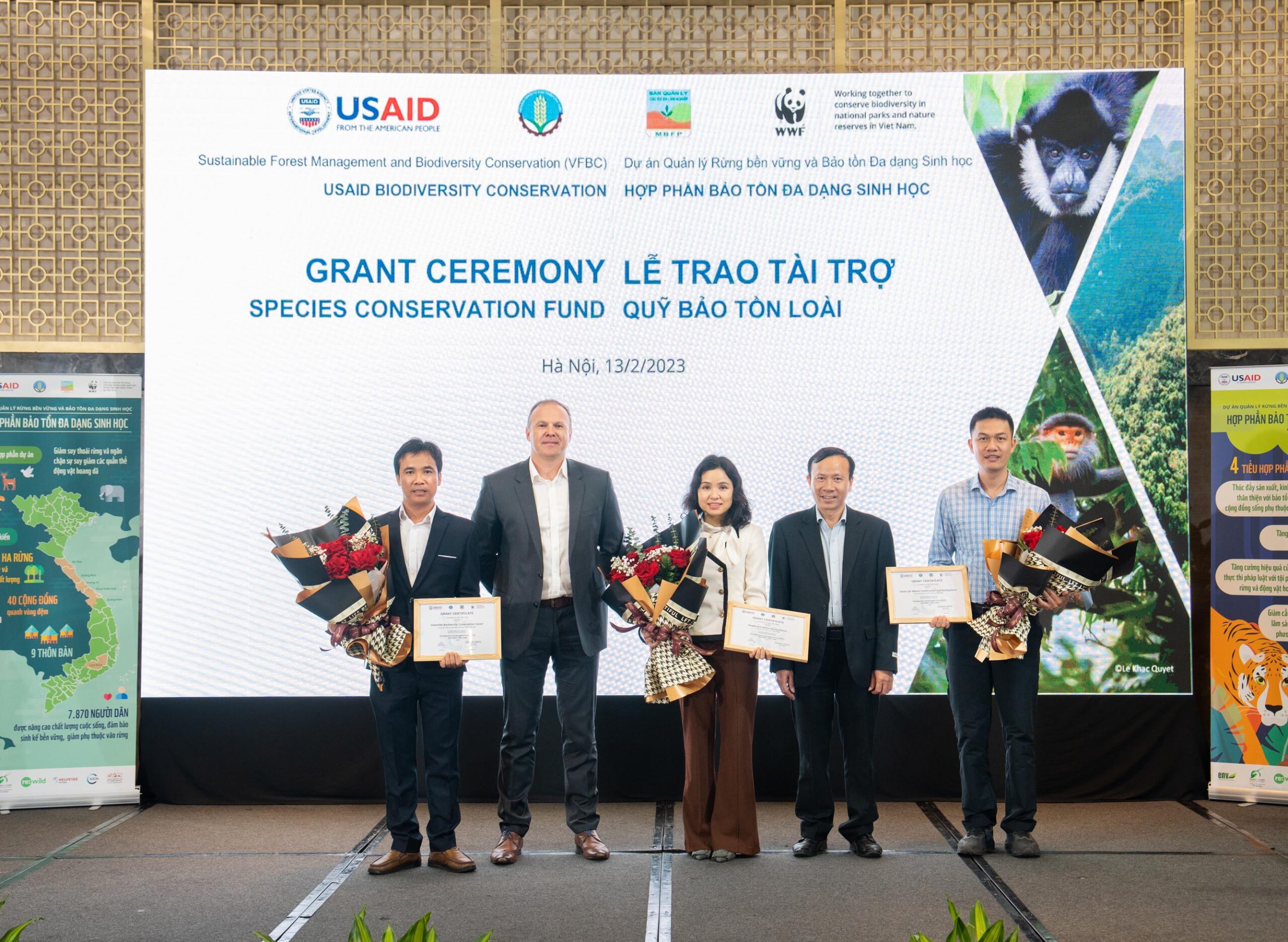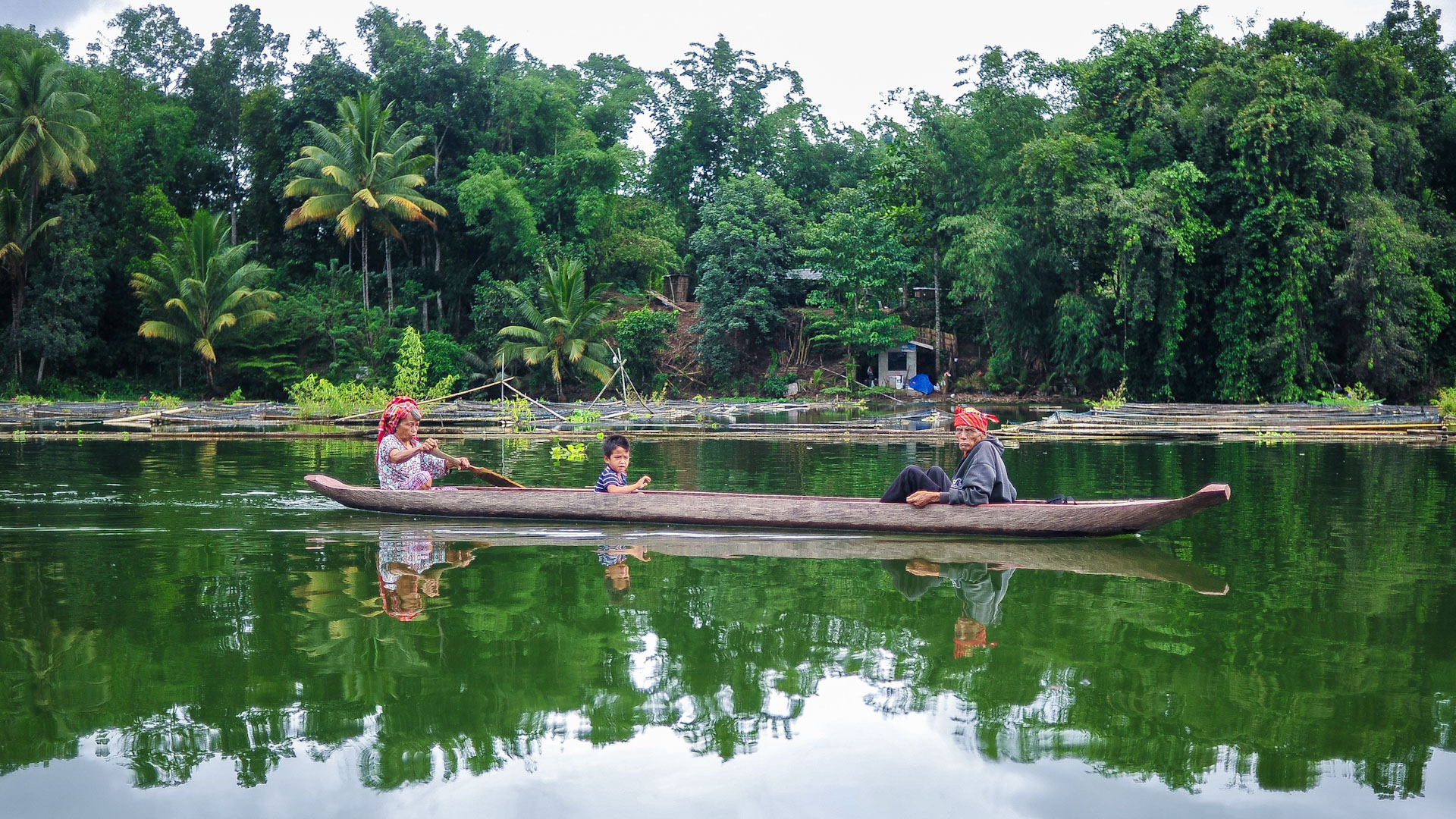ERPA Handbook: Q&A for individuals, households and communities
The North Central Region GHG Emission Reduction Payment Agreement (ERPA) is a carbon transfer agreement signed on October 20, 2020 between the Ministry of Agriculture and Rural Development and the Bank for Reconstruction and Development. International Development (IBRD), trustee of the Forest Carbon Partnership Fund (FCPF).

